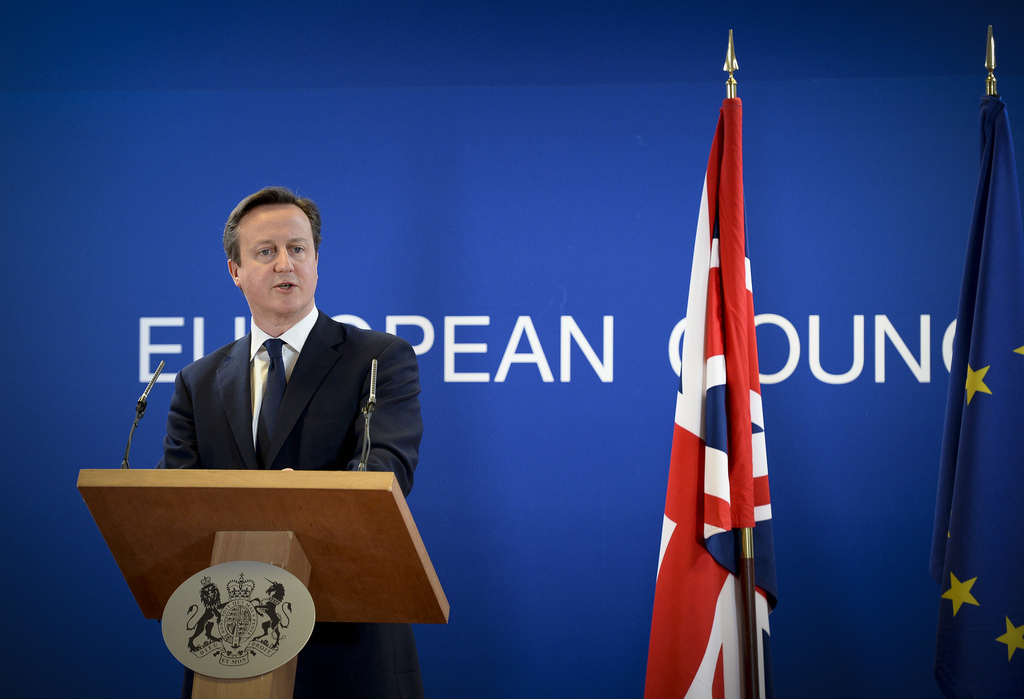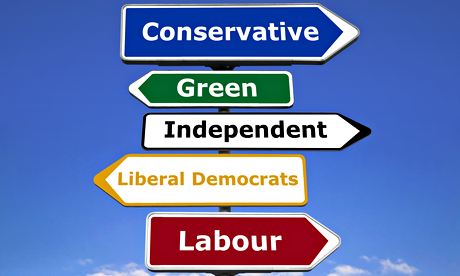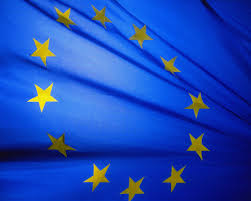
The referendum on EU membership: a very British affair
The UK referendum on EU membership may be many months away but with David Cameron laying out his stall with other European leaders, we should be clear that we are embarked on the journey and already some way down the track. It is easy to think of referendums as one-shot deals but in reality they are not. Rather, referendums are long-term games and in this case the game was started in 2013. And it’s easy to think of this as a European process, but whatever grand meals may be consumed in other European capitals, this is very much a result of domestic British politics. The EU referendum is largely down to domestic drivers and the result will likely be shaped as much by the party politics between and within UK parties as by European factors.

Why Scotland should adopt the Land Value Tax
The Commission on Local Tax Reform was set up by the Scottish government in February 2015 to consider reform of local government taxation. In this article, submitted as written evidence to the Commission, I make the case for a land value tax (LVT).
1. Local tax should be based on…
The value of the land you own. This is for reasons first set out by Adam Smith in Wealth of Nations (WN) Book V. I am pleased that the Cabinet Secretary for Finance referred to this in his speech introducing Land and Buildings Transactions Tax (LBTT).
A land value tax is the best of all taxes for three reasons.
Land doesn’t move and can’t be hidden.
Land tax best satisfies Smith’s canons of taxation (proportionate to benefits received; certain; convenient; non-distorting – see Wealth of Nations, Book V.ii.b)
It taxes ground-rents, which Smith calls ‘a still more proper subject of taxation than the rent of houses’, because ‘no discouragement will thereby be given to any sort of industry’.

A testing and tormenting time for political parties after the 2015 British general election
The ‘sweetest victory’ of the Conservatives, as David Cameron put it on May 8th, and the sweeping landslide victory of the SNP, winning all but three of the Scottish seats, were indeed shocking wake-up calls for all those concerned about British politics. Labour’s unexpectedly disastrous loss of 26 seats led Ed Miliband to announce his immediate resignation as Labour leader. The Lib-Dems were wiped away, going from 57 to just eight seats, causing the resignation of Nick Clegg as party leader. The party was severely punished by voters who blamed it for betraying everything it had stood for in seeking power. Looking at these results, one could argue that the British voters decided at the very last moment to prevent the formation of another coalition government, assumingly returning to their traditional attitude of regarding coalitions as an exception.
For the polling companies too, the election results proved a nightmare. In order to recover their privileged capacity to influence the media, voters, and parties, they are in the course of reexamining why their pre-election forecasts appeared to be inaccurate.
Meanwhile, one shall have a thorough look at how many votes the grassroots parties such as the SNP, UKIP, and the Greens, gained in this election. Even though their positions in the political spectrum span from the left to the extreme right, the total number of votes won by these three parties amounted to nearly 6.5 million, against the Conservatives’ 11.3 million. Amongst them, UKIP failed to get more than one seat and is now in the midst of an internal turmoil. Despite that, Nigel Farage is generally praised for contributing to the party’s net gain from 9.6 to 12.6 per cent of the vote. In particular, UKIP has remained popular among those who are disillusioned with the aloofness of the political elite.

Do Europeans want poorer countries in the EU?
The European Union has expanded considerably since its inception as the European Economic Community in 1957. At that time it had just 6 members: Belgium, Germany, France, Italy, Luxembourg, and The Netherlands. Today it has 28 members, including 15 that have joined since 2000: Cyprus, the Czech Republic, Estonia, Hungary, Latvia, Lithuania, Malta, Poland, Slovakia, and Slovenia in 2004; Bulgaria and Romania in 2007; and Croatia in 2013.
One of the criticisms to which the EU has been subjected, at least in the UK (and I presume other Western European countries as well), is that Eastern European countries should not have been admitted when the disparities of income between the economies of Western and Eastern Europe were still so great. The reason being that free movement of labour between member states (one the EU’s four freedoms) permitted large-scale migration from East to West, which is alleged to have had impacts such as bidding down the wages of low-skilled workers, and increasing crime.

Forecasting elections with social media? Yes, we can. Almost…
With the failure of traditional forecasting methods to accurately predict the outcomes of the UK General Election of May 2015, can social media based predictions do any better? In this article, Andrea Ceron, Luigi Curini, and Stafano M. Iacus (University of Milan and VOICES from the Blogs) find that supervised and aggregated sentiment analysis (SASA) applied in proportional electoral systems produces the most accurate forecasts of election results.

Democracy for our Digital Future (Part III): The public realm, parties and the future of campaigning
The gathering heard from the historian David Marquand whose latest book Mammon’s Kingdom explores the history and values of the public realm and its relationship to democracy. The public realm is an elusive term, noted Marquand, which denotes a sphere of human life that is not the market, but not the private realm of family and friendship either. It is the belief that we are mutually inter-dependent, with perhaps the best definition given by John Donne when he noted that ‘No man is an island, entire of himself’. The public realm includes the public sector, but is not reducible to it. It is also the realm of our rights and responsibilities, which includes universal human rights, but also certain British …

Six reasons why the UK parliament should have youth quotas
Young people are disadvantaged economically yet politically marginalised and demonised. Are youth quotas in parliament part of the answer? It is now widely acknowledged that young generations are faring particularly badly in Britain.[i] There is growing concern for a ‘jilted generation’ burdened with debts and structural unemployment. In 1992, the unemployment rate of the young was twice as high as for the rest of the population; two decades later, it is up to four times higher.[ii] Even when they do have jobs, young people are disproportionately likely to be in precarious positions such as zero-hour contracts, temporary contracts and unpaid internships. Despite this context of job scarcity and the structural precariousness they have to face, the young are often regarded …

Politics as usual: women, media and the UK general election 2015
Politics has historically been dominated by men, and women have only relatively recently been elected to the UK Parliament in significant numbers. In order for women to be effectively represented in the political domain, they must also be adequately represented in the public discussion of political affairs that takes place in the news media. The ways women are depicted in news sends out important messages about their place and role in society and therefore, if women are absent or marginalised in political news, this reinforces their marginal status in the political process. Historically, women have struggled to achieve much visibility in electoral coverage, and by drawing upon data from the Loughborough Communication Research Centre’s real-time analysis of national broadcasting and press coverage, we can see that the 2015 election was no different.









